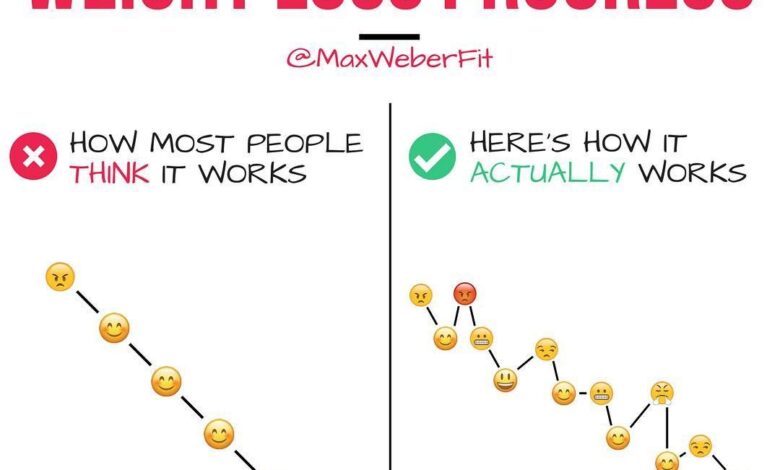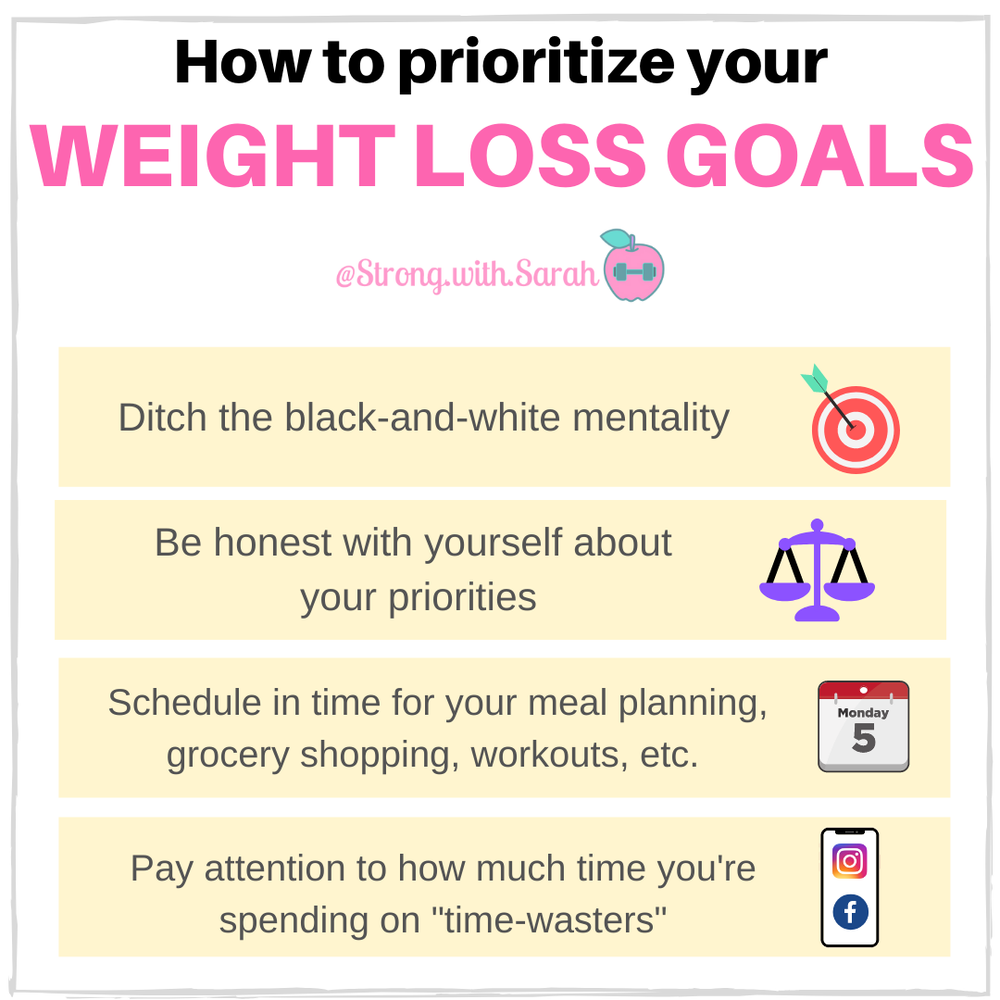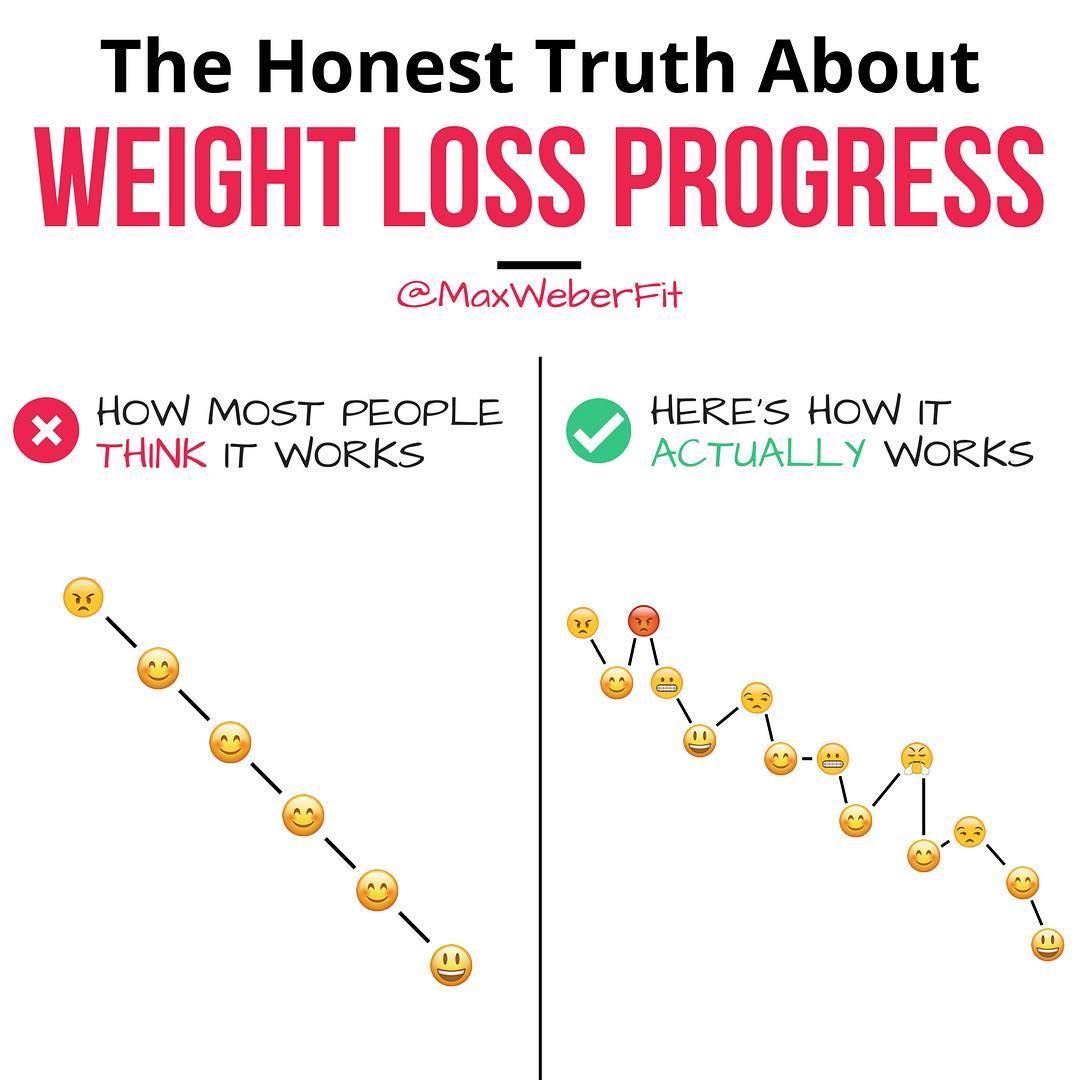
Weight Loss Program Duration for Best Results
How long should you commit to a weight loss program for best results? This crucial question affects not only the speed of your progress but also the sustainability of your efforts. The answer isn’t a one-size-fits-all number; it depends on many personal factors. This article delves into the factors influencing commitment duration, exploring short-term vs. long-term approaches, and offering realistic timeframes for success.
Defining “best results” is key. Whether it’s percentage weight loss, inches lost, or a change in body mass index, individual needs and circumstances play a significant role. Factors like starting weight, health conditions, and lifestyle habits are considered in determining the most suitable approach.
Understanding Plateaus

Source: squarespace-cdn.com
Weight loss journeys are rarely linear. Many people experience plateaus, periods where progress seems to stall despite continued effort. Understanding the reasons behind these plateaus is crucial for maintaining motivation and achieving long-term success. These periods are often frustrating but are a normal part of the process. Successful weight loss management involves navigating these challenges with informed strategies.Plateaus occur when the body adapts to the imposed changes in lifestyle, particularly in diet and exercise.
This adaptation can manifest in various ways, such as a slowing of metabolic rate or changes in water retention. Understanding these potential causes can help you identify the source of the plateau and develop targeted solutions. The body’s natural responses to stress and changes in routine play a significant role in this process.
Potential Causes of Weight Loss Plateaus
Several factors can contribute to a weight loss plateau. These factors often interact in complex ways, making it essential to consider multiple possibilities.
- Metabolic Rate Adjustments: The body’s metabolic rate can adjust in response to changes in calorie intake and activity levels. This adjustment can slow weight loss, requiring a re-evaluation of the current approach.
- Muscle Loss: If exercise intensity isn’t adjusted alongside dietary changes, muscle loss can occur. This loss can lead to a decrease in metabolic rate and make it harder to lose weight.
- Nutrient Deficiencies: Inadequate intake of essential nutrients can negatively impact weight loss efforts. This can include a lack of vitamins, minerals, or specific macro-nutrients. A diet lacking in crucial nutrients might need supplementation or adjustment.
- Hormonal Imbalances: Hormonal fluctuations, such as changes in thyroid function or stress hormones, can affect metabolism and appetite regulation, contributing to a plateau.
- Lifestyle Changes: Changes in sleep patterns, stress levels, or other lifestyle factors can significantly impact weight loss progress. If stress levels increase, it’s likely that the body’s natural response to stress will negatively impact weight loss.
Identifying Weight Loss Plateaus
Recognizing a plateau is the first step towards overcoming it. This involves careful tracking and self-awareness. Consider a variety of indicators:
- Consistent Weight: For a period of time, if your weight hasn’t changed despite maintaining the same habits, this could signal a plateau.
- Reduced Energy Levels: Decreased energy levels could be a sign of hormonal or metabolic changes, often associated with weight loss plateaus.
- Changes in Measurements: Body measurements (waist, hips, etc.) might show little to no change even if weight remains static. This is an indicator that fat loss may not be happening.
- Changes in Appetite or Food Cravings: Significant changes in appetite or food cravings can signal a shift in the body’s metabolic processes. Adjusting for these changes is necessary.
Overcoming Weight Loss Plateaus, How long should you commit to a weight loss program for best results?
Several strategies can help overcome weight loss plateaus. These strategies emphasize flexibility and adjustment.
- Adjust Calorie Intake: If weight loss is stagnating, consider reducing calorie intake slightly. A small reduction in calories can sometimes reignite weight loss.
- Increase Physical Activity: Boosting the intensity or duration of workouts can help address plateaus. This could involve adding more cardio, increasing weights, or adding high-intensity interval training (HIIT). Remember to listen to your body and adjust accordingly.
- Dietary Modifications: Consider adding more lean protein or fiber-rich foods. Adjusting portion sizes or trying different cooking methods can also help.
- Stress Management: Incorporate stress-reducing activities such as yoga, meditation, or spending time in nature. High stress levels can hinder weight loss progress.
- Seek Professional Support: Consult a registered dietitian or healthcare professional for personalized guidance. A professional can assess your individual needs and provide tailored strategies to overcome plateaus.
The Role of Professional Support
Professional guidance is crucial for navigating weight loss plateaus. A registered dietitian or healthcare professional can offer valuable support.
Final Review: How Long Should You Commit To A Weight Loss Program For Best Results?

Source: pinimg.com
Ultimately, the optimal duration for a weight loss program is a personalized journey. Understanding the factors influencing commitment, evaluating short-term and long-term strategies, and establishing realistic timeframes are essential. Maintenance strategies and the potential for plateaus are also critical components to consider. Remember, professional guidance can be invaluable in tailoring a program to your unique needs, optimizing your progress, and ensuring long-term success.
FAQs
How do I know if I’m making progress?
Tracking your weight, measurements, and how your clothes fit can help you see progress. Consider consulting a healthcare professional for personalized metrics and assessments.
What if I hit a plateau?
Plateaus are common. Adjusting your diet, increasing activity levels, or consulting a professional can help overcome them. Consistency and patience are key.
Can I lose weight quickly and still maintain it?
Rapid weight loss is often unsustainable. A gradual, healthy approach focusing on lifestyle changes is more likely to lead to long-term weight management.
How can I stay motivated throughout the process?
Set realistic goals, reward yourself for progress, and find activities you enjoy to keep yourself motivated. Connect with supportive friends or family members, and don’t be afraid to seek professional help.





